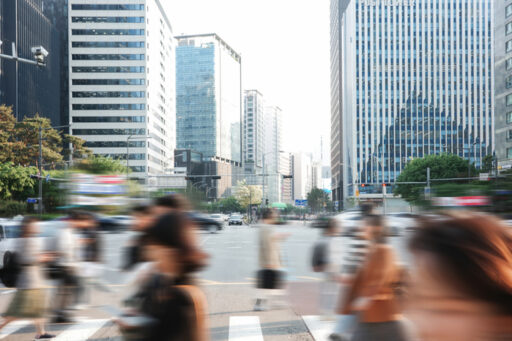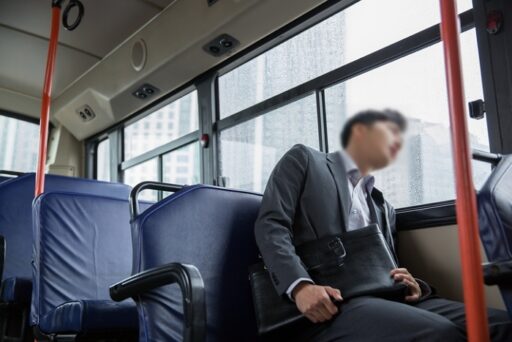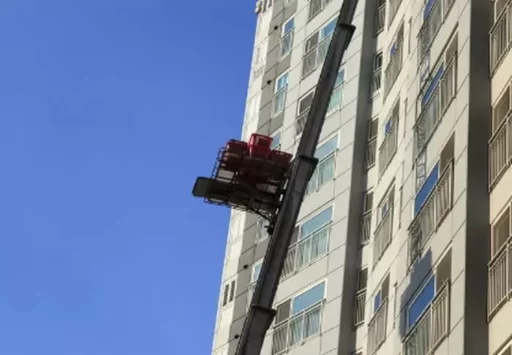One out of seven Seoul citizens spends more than two hours a day commuting or traveling for education.
According to a survey by the Seoul Institute in 2023, one in seven Seoul citizens spends over two hours on a daily round-trip for commuting or studying.

This is attributed to a growing number of citizens relocating to the outskirts of Seoul or Gyeonggi Province due to rising housing prices.
On the 11th, the Seoul Institute announced that the average commuting and travel time in Seoul for 2023 is approximately 34.5 minutes one way, meaning citizens are consuming over an hour for the round trip.
An analysis of big data on commuting within the metropolitan area in 2024 also found that the average commuting time within Seoul during peak hours from 7 AM to 9 AM is about 35.3 minutes.
According to a survey conducted in 2023, 13.5% of all citizens commute for more than one hour one way, which translates to about 14 out of 100 people.
Long commuting times have emerged as a significant issue, affecting overall quality of life beyond just time loss.
Long commuting times have emerged as a significant issue, affecting overall quality of life beyond just time loss.

Economic and social impacts and causes of long commuting
When examining commute times in detail, 0.6% of citizens commute for less than 10 minutes, 13.3% for between 10 and 20 minutes, 21.3% for between 20 and 30 minutes, 25.6% for between 30 and 40 minutes, 18.0% for between 40 and 50 minutes, 7.6% for between 50 and 60 minutes, 9.0% for between 60 and 70 minutes, 2.1% for between 70 and 80 minutes, and 2.4% for over 80 minutes.
Citizens who commute for over one hour are primarily found in the outskirts of Seoul, including Yangcheon-gu, Gangdong-gu, Gangbuk-gu, and Dobong-gu.
Experts point out that long commuting times have negative effects by reducing physical activity, leisure, and socializing time.
According to a report released by the Korea Transport Institute in 2013, the economic value of one hour of commuting is estimated to be about 940,000 KRW per month. Thus, if a person spends more than two hours a day commuting, it results in a value loss of approximately 2 million KRW per month.
The Seoul Institute identified rising housing prices as a key factor contributing to the spread of long-distance commuting.

Since 2010, urbanization and complexity in Seoul and the metropolitan area have intensified the burden of housing costs, leading to an increase in the population moving to the relatively lower-priced outskirts of Seoul and Gyeonggi Province.
Consequently, the Seoul Institute analyzes that this change in housing patterns has solidified the structure of long commuting times.
Image source: Material image for understanding the article / gettyimagesbank


